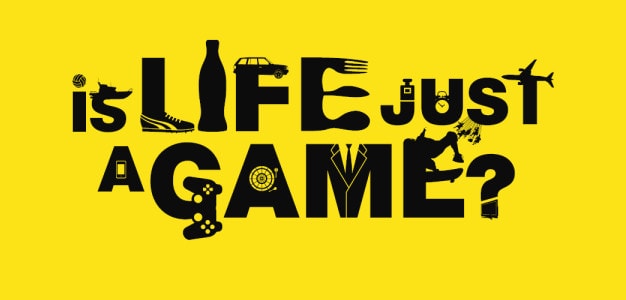Articulating a compassionate and intelligent case for Islam in a post-secular society is quite difficult. Due to an increase in materialism, the value of religion has diminished. One way of starting a conversation is to get people thinking about the implications of their ideas about man, life and the universe. Once it can be shown …
Purpose
ARE YOU HAPPY?
Most of us want to be happy. We want to be content, live in ease, enjoy the company of our friends and family, and not be bogged down with the stresses and strains of daily living. This is why if you were to ask the average person why they want to get a good job, …
GAME OVER?
To the average person death is by no means a pleasant subject or topic for discussion. It is something dismal and oppressive a veritable kill-joy, a topic fit for a funeral house only. The average person, immersed as they are is in the self, ever seeking after the pleasurable, ever pursuing that which excites and …
What’s Your Goal?
Imagine you went to a football game and you saw there is no goal posts on the pitch. Would there be any point in playing a game in which there is no goals? In the same way it is meaningless to live life without a Goal! I want you to imagine you wake up in …
Gratitude
Are You Grateful? There is something in your life that you did not earn and do not own, yet it is given to you all the time. This thing is this moment, and the next moment and all of the moments of your existence. There are no good reasons to show that you own these …





